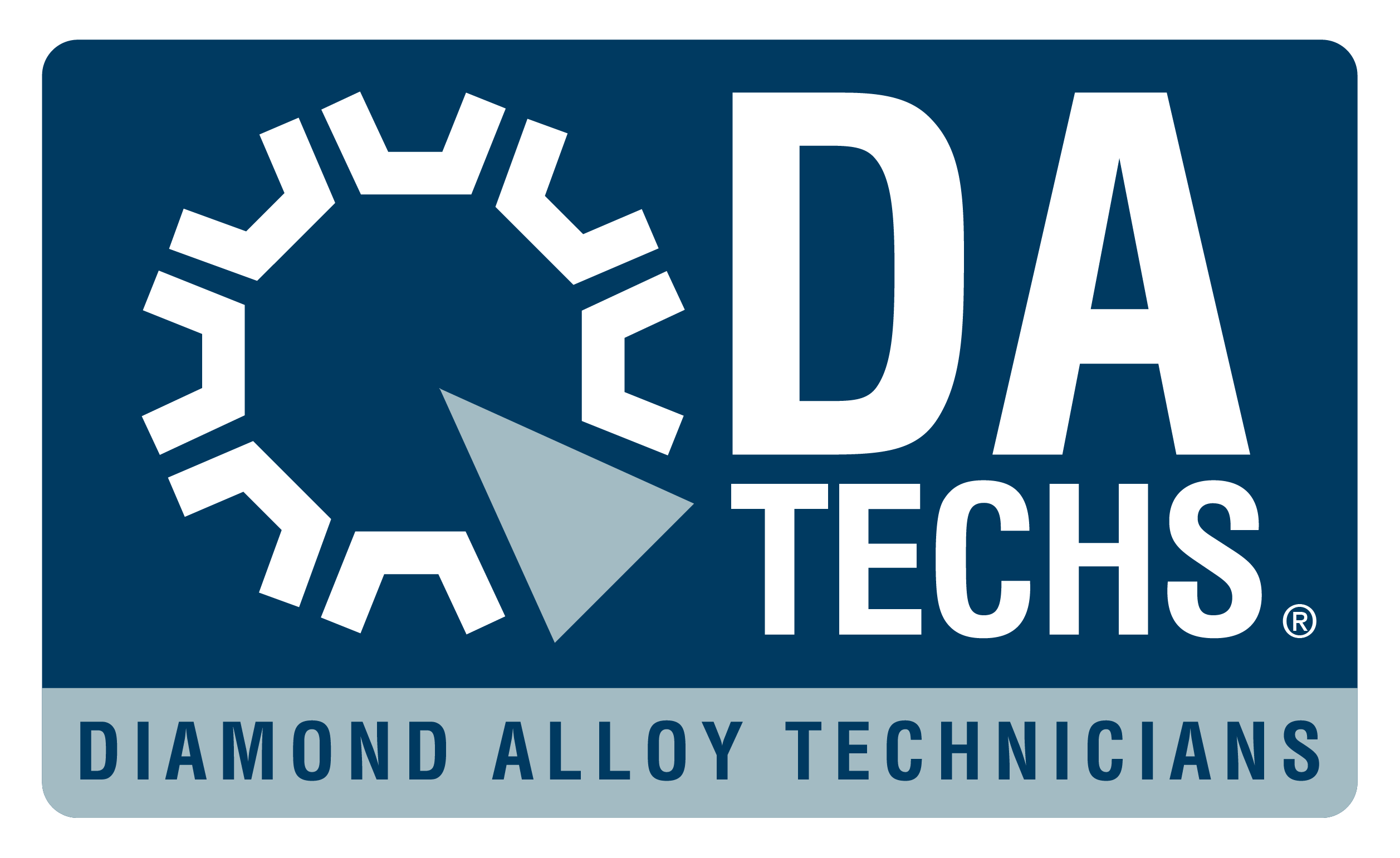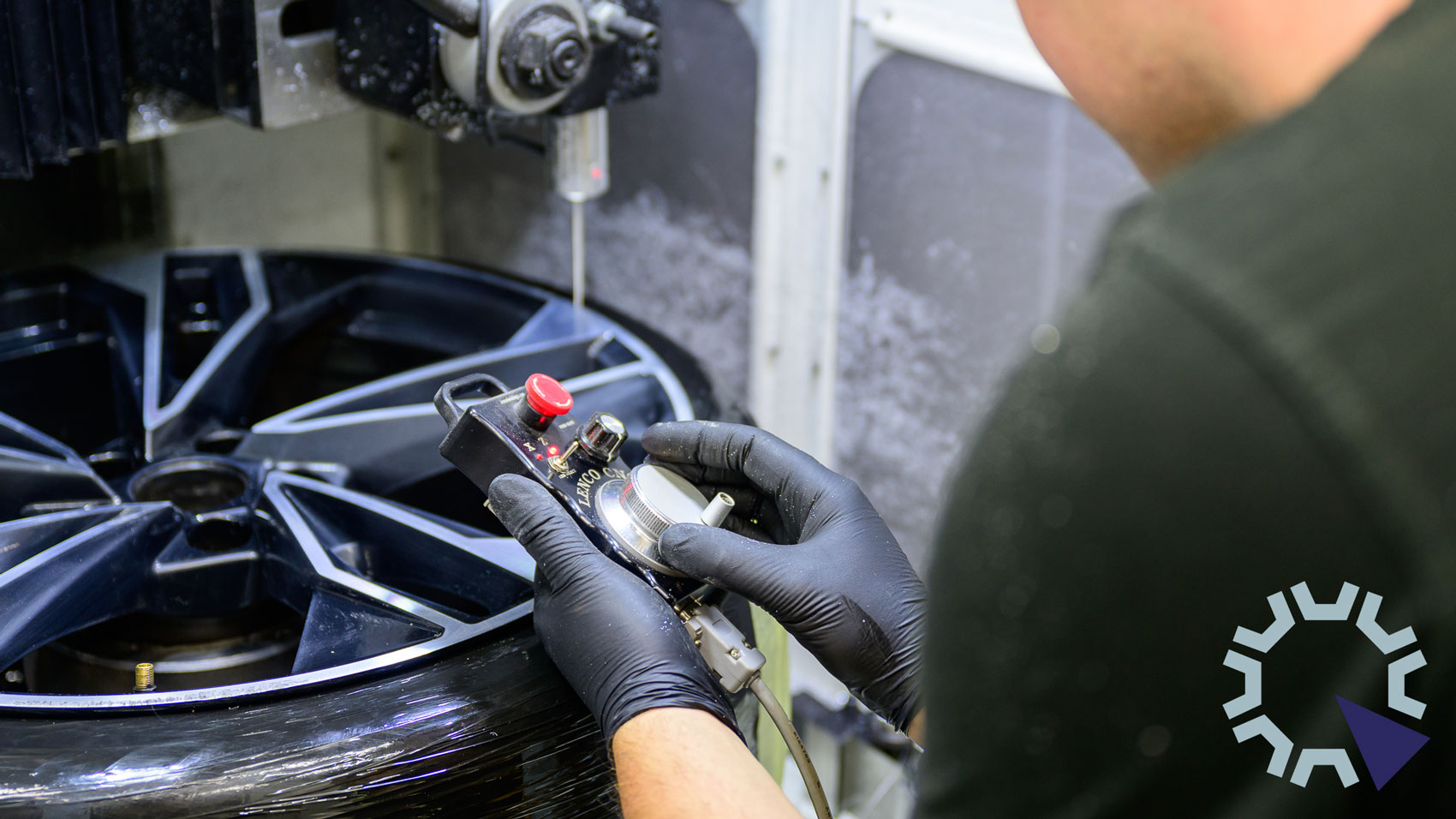
Damaging your alloy wheels is not uncommon and can be the result of a simple driving error, but this doesn’t make it any less frustrating. Even without making any faults whilst driving, scuffs and cracks are unfortunately just a part of driving and may naturally occur over time.
Thankfully, alloy repair and refurbishment is available, and we’re on hand to provide a quick and efficient solution to all of your repair needs, as well as educating you on the types of damage, and types of repair you might need.
Different types of damage to alloy wheels
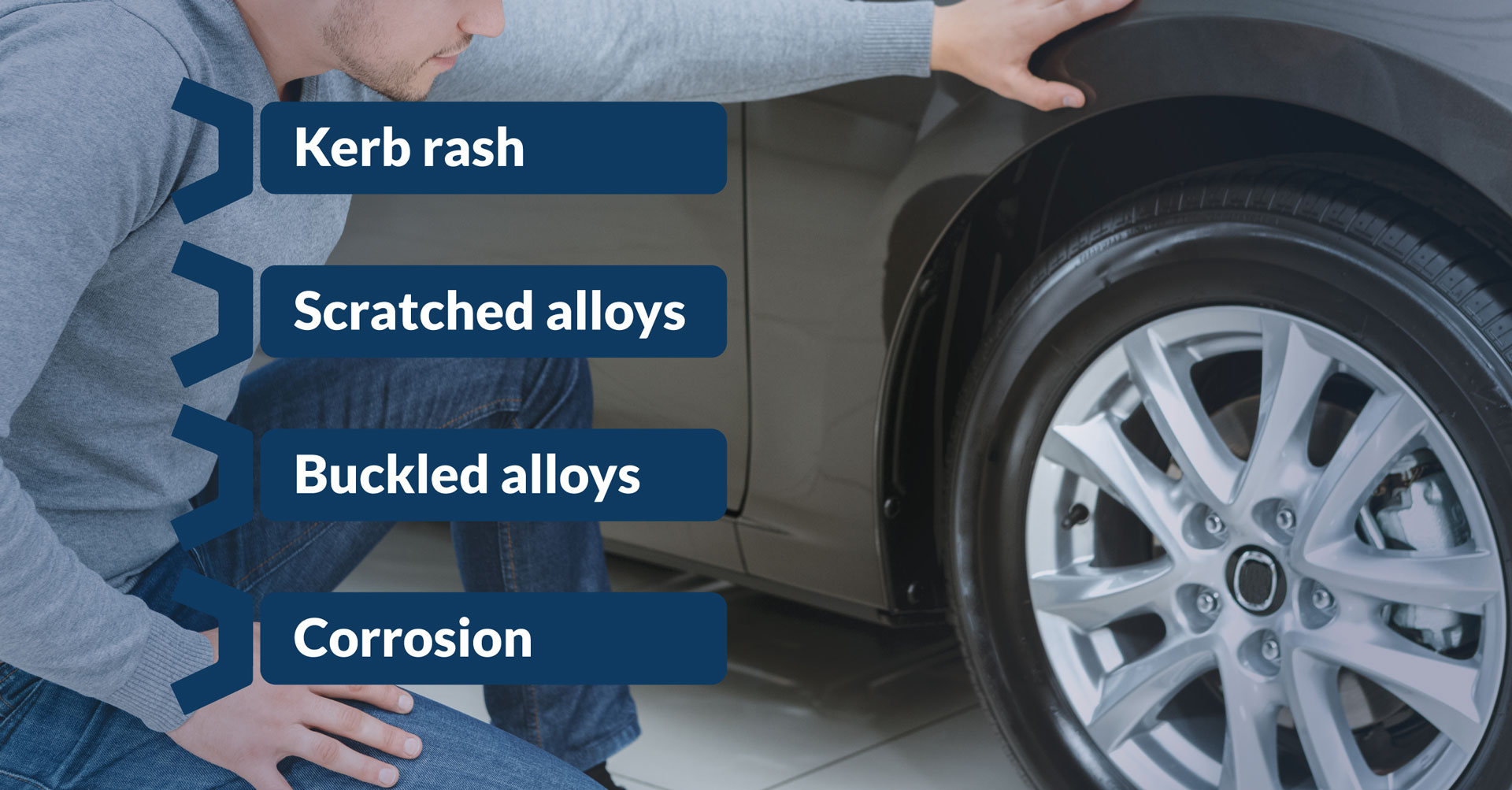
There are a variety of damage types alloy wheels can sustain, each of which needs different care and attention in order to restore them to their original quality:
- Kerb rash – The pattern left on alloy wheels after scraping against the kerb or pavement is known as kerb rash. This is a very common issue, and is usually only a cosmetic problem.
- Scratched alloys – Typically caused by road debris hitting alloys at high speeds, scratches can range from minor surface level cosmetic problems to more serious integral problems if left unrepaired.
- Buckled alloys – A wheel which is bent out of shape is known as a ‘buckled alloy’. These are usually more of an immediate concern and a safety issue, as they make vehicles more difficult to control and even increase the risk of tyre blowout.
- Corrosion – Particularly around the lug nut holes, exposure to the elements can gradually corrode wheels. Scratched areas are especially prone to corrosion because the protective coating may have been scraped off.
Book in Mobile Alloy Wheel Repair
Can you repair alloy wheels?
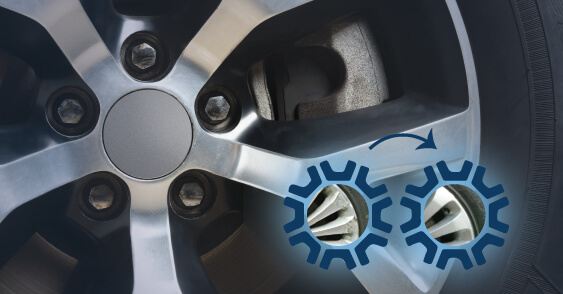
Almost all alloy wheel damage can be repaired by professionals. This process is often referred to as ‘alloy wheel refurbishment’ and will vary based on the type of damage.
Traditional repairs typically require stripping the wheel, followed by sanding or filling to smooth out scratches or scuffs before repainting or lacquering. This abrasive approach often damages delicate features.
With the Micro Lenco lathe, however, we eliminate abrasive sanding altogether, allowing us to precisely repair damage while safeguarding every intricate detail and manufacturer branding that others often cut away.
Check out our ultimate guide to alloy wheels.
Scratches and scuffs on alloy wheels: What to do
If you find your alloy wheels have become scratched or scuffed, they likely need to be sanded down to remove the scuff. In some cases and for more severe damage, scratches might need to be filled before sanding.
After this, wheels will be repainted, lacquered and reattached to your car. As good as new. This process usually only takes a couple of hours, and shouldn’t impact the lifespan of your wheels.
Bent alloy wheels: What to do
Given that bent alloy wheels present an actual structural risk, they need to be repaired quickly and professionally. If we believe repair is viable and safe, we’ll heat the wheels to make them more malleable, then use hydraulic machinery to straighten the wheels precisely.
Heat treating follows this process to restore strength and integrity once the wheel is straightened, before being finished and balanced ready for use on the road.
Cracked alloy wheels: What to do
Cracked alloy repair involves cleaning, grinding and welding. Depending on the severity of the crack, we’ll decide exactly what process is needed, but the general idea is the same.
Technicians will start by assessing the wheel, cleaning the area thoroughly, and possibly drilling a small hole at the end of the crack to release pressure so it doesn’t spread any further.
The cracked section is ground down to create a clean and smooth surface to work with, before being welded shut with a filler material which best matches the alloy finish. Usually, TIG welding is used for strength and precision, but we may also utilise MIG welding if required.
Once welded, a wheel finishing process begins to make sure appearance is restored to its original state through painting and lacquering, then we’ll run some final balancing tests before reattaching the wheel.
Alloy wheel repair vs refurbishment
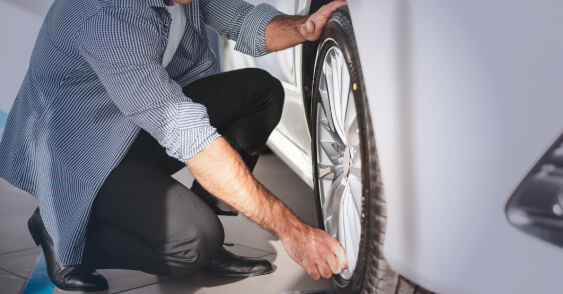
Alloy wheel repair and alloy wheel refurbishment are terms often used interchangeably, but they can refer to slightly different types of work.
Generally, alloy wheel repair refers to more minor work such as smaller scratches, localised kerb damage and scuffs.
Alloy wheel refurbishment, on the other hand, may refer to fixing deep scratches, corrosion, or entirely changing the aesthetic of your wheels. These jobs will likely be more expensive than minor repairs thanks to the more extensive and specialised work required.
Luckily, no repair or refurbishment need is too much for our mobile alloy wheel repair vans. Our mobile micro lenco lathe is a high-quality machine which ensures workshop-standard repairs with the convenience of coming to you! Contact us today to get started.
